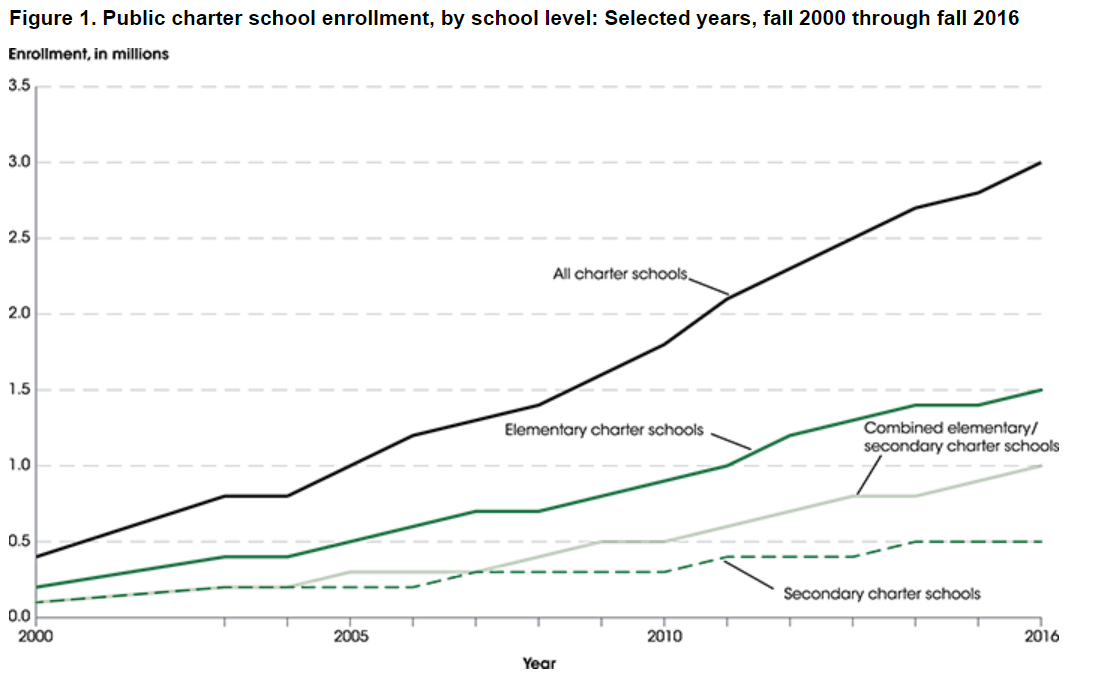
The New York Times recently managed yet another article discrediting charter schools, this one asserting they have lost their luster.
This knock comes in harmony with the current kibitzing by the teachers unions, so far quite successful in persuading state legislators to limit the growing number of these competitors of our “public schools.” New York and California are among the states that have surrendered and put brakes on new charters.
Whatever “luster” was intended to mean, the charter has in fact lost none of its charm for the concerned parent. I recommend a recent article in the Journal of Political Economy by Christopher Walters, associate professor of economics at the University of California, Berkeley.
His article, “The Demand for Effective Charter Schools,” confirms the popularity of these new institutions, now sufficiently successful to constitute a real threat to union domination of our poor in city schools. Hence, the political panic among state legislators.
Meanwhile, of course, these same public servants prize and support parental choice of pseudo-public schools in New York City, which, as is not uncommon elsewhere, are reserved for those children who are the best test-takers and whose parents choose to have them apply. Here the state and union stand together for choice.
Now, an important concession: As currently structured, charters do not solve every problem. Walters’ title, again, is “The Demand for Effective Charter Schools.” While the relish for charters does increase, a disproportionate share of these would-be choiceniks are the better-educated and informed parents. Hence, though they are popular, “… charter expansion is likely to be most effective when accompanied by efforts to target students who are unlikely to apply.”
In short, our charter systems will become even more successful as society takes steps to insure that the least educated parents become aware of their options. This is hardly surprising; 40 years ago, Stephen Sugarman and I addressed that issue at length in “Education by Choice,” even imagining the following sections of a model statute:
“The Legislature shall provide for a thorough system of information concerning public and private scholarship schools which system shall serve all families including the non-literate. The Superintendent may terminate the certification of any public or private scholarship school which refuses to cooperate in the disclosure of information or which provides inadequate, misleading or inaccurate information. The Legislature may provide parents with separate grants redeemable for the services of educational counsellors who are without financial or other interest in any common school.” (“Education by Choice“ p. 227)
This seemed, as they say, a no-brainer. Of course, it does burden the school, and hence was unacceptable to Milton Friedman and his still-much-alive “voucher right” followers who preferred a completely free market for sellers of education.
Up to a point, I agree; if the school cannot maintain its identity, choice loses its purpose. But the schooling of children is not a free market. The buyer here is conscripted for the product; school is compulsory, and the child is drafted. If the parents are to choose, they must, to some degree, understand what their widely differing options will be. That’s the whole point.
The happy side of such regulation is that it challenges every parent to get in the game. I agree that some form of compulsion is necessary to insure, for most children, an understanding of our social and civic order. But one sure way to miss that boat is to confirm for that child that the parent is useless.
And that same message to parents assures that they find themselves just as the child sees them after a bad first day of school – powerless and futile.


